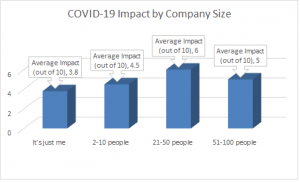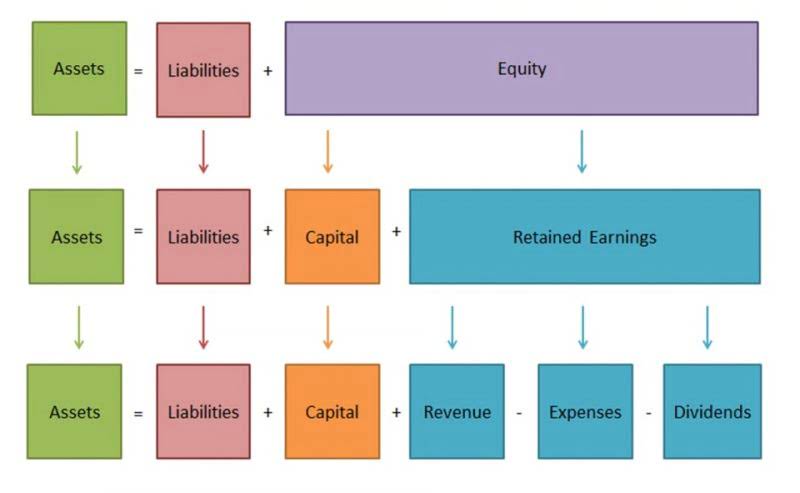
This cash method of accounting does not consider accounts receivable or accounts payable, focusing solely on actual cash inflows and outflows. Under the cash method of accounting, transactions are recorded when cash is received or paid. In other words, revenue is recorded when cash payment is received for the sale of products or services, and expenses are recorded when cash is paid to vendors for purchases of products or services.

Set Up the Right Accounting Software for Your Business

This is particularly relevant for businesses with fluctuating cash flows, as it directly impacts how financial performance is reported. Cash basis accounting recognizes financial transactions strictly when cash is exchanged. Unlike the accrual basis, which records transactions when they are incurred, cash basis accounting provides an immediate view of cash flow. This simplicity can be advantageous for businesses with limited accounting resources, as cash basis accounting it reduces the need for complex tracking systems. However, it’s important to note that while cash basis accounting is straightforward, it may not provide a complete financial picture.

What is cash basis accounting?
Adam received his master’s in economics from The New School for Social Research and his Ph.D. from the University of Wisconsin-Madison in sociology. He currently researches and teaches economic sociology and the social studies of finance at the Hebrew University in Jerusalem. The two methods of accounting appeal to different businesses for different reasons. In the 15th century, Luca Pacioli, a Franciscan friar and mathematician, wrote about a record-keeping system used by Venetian merchants. Pacioli’s writing helped lay the foundation for what we now know as accrual accounting.

Cons of Accrual Accounting
- Companies that keep inventories of their products on hand will generally need to use the accrual method.
- Once decided, we can carry out bookkeeping to your requirements as well as your accounts and tax return.
- For example, accounts receivable and payable are eliminated in favor of actual cash receipts and payments.
- If a small business is looking to reduce its expenses by managing its own bookkeeping, cash basis accounting may be a helpful option.
- However, organisations that engage in accounting tricks can face significant penalties.
- It also allows businesses to make informed decisions about how profitable or successful their company will be at generating future sales based on the transactions that have already occurred.
This means that even if money is not withdrawn or deposited immediately, the transaction is still recorded on the company’s books. Cash basis accounting is typically considered less accurate than the accrual basis accounting method since it only records transactions that have been processed. It therefore misses transactions that have taken place but the money has not yet been withdrawn or deposited. The primary advantage of the cash accounting method is that it offers a straightforward and affordable system Law Firm Accounts Receivable Management for recording your business transactions.

To learn more about NetSuite accounting solutions, schedule a free consultation today. In the above example, a house-painting company would record a sale when the painter completed the job, even if no money changed hands. You’d record both the expenses and the income in June to line up with when you completed the project and income was earned — even though you weren’t actually paid until July. Now, when you look at your income statement, you can see that the job was actually quite profitable. For example, Carson Corporation records—as a June expense—the salaries earned by its employees in that month, even though those salaries payroll may not be paid until July.
How Accrual Accounting Works
- The timing of the transition can influence tax outcomes; for example, choosing a fiscal year with lower tax rates can be advantageous.
- While it is true that this method simplifies the recording of transactions, it can become cumbersome for businesses that deal with a high volume of transactions or have complex financial activities.
- There are no tax implications and you can switch at any time in the year and our team will guide you through the process for a smooth transition.
- Businesses should also assess the impact on financial ratios, such as the current ratio, which may change significantly due to the altered timing of revenue and expense recognition.
- Understanding cash basis accounting affects how businesses manage their finances and meet tax obligations.
By focusing solely on cash transactions, it eliminates the need for tracking receivables and payables, which can be complex and time-consuming. This simplicity not only reduces the administrative burden but also minimizes the risk of errors, as there are fewer transactions to record and reconcile. For example, a seasonal business like a holiday decoration retailer may find cash basis accounting beneficial, as it aligns revenue recognition with cash inflows during peak sales periods. The timing of cash receipts can also be strategically managed to influence financial outcomes, but this requires careful planning and documentation to ensure compliance with tax laws. Accounting methods play a pivotal role in how businesses record and report their financial transactions. One such method is cash basis accounting, a fundamental approach utilized by numerous small businesses and individuals worldwide.
